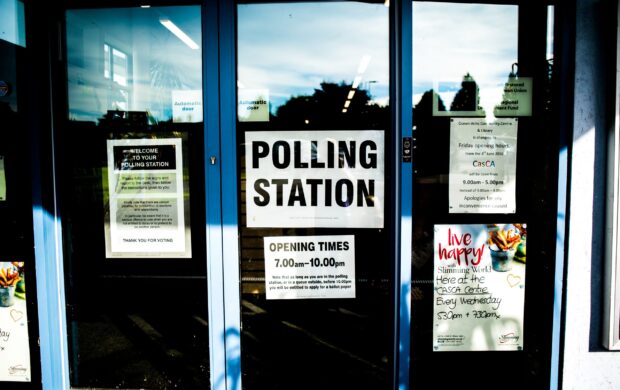On 22 October, the Polish Constitutional Tribunal closed one of the last remaining legal grounds for abortion in the country. By the ruling, the Tribunal, controversially overhauled by the governing party – Law and Justice (PiS) in November 2019, delegalised abortions carried out as a result of grave fetal defects and abnormalities. With the new ban, the terminations will only be valid in case of rape or incest, or when mother’s life is in danger.

The ruling has sparked an unprecedented level of protests in the country with over 100,000 people out on the streets. This has been further fuelled by anger at the PiS government using the pandemic to push through the previously protested reform without public consultation or parliamentary debate. Doing it at a time when social gatherings had been limited to a maximum of 5 people speaks to the growing concerns over the authoritarian drift of the ruling party, gradually taking control over the judicial system and other institutions whose role was to safeguard democracy.
So what?
The rules of the PiS government have brought about a sharp polarisation of the Polish society. They’ve also caused a dramatic reduction in the availability of platforms for social discourse. But has the “zero choice” ruling, which unified PiS’s opposition with many of their supporters, been a step too far? Will the conservative government use the pandemic further and put an end to protests introducing a national lockdown? Is this case of using COVID-19 to pass unpopular laws a precedent for other far right governments?
Sources
-
 Europe and right-wing nationalism: A country-by-country guide https://www.bbc.co.uk/news/world-europe-36130006
Europe and right-wing nationalism: A country-by-country guide https://www.bbc.co.uk/news/world-europe-36130006 - https://warszawa.wyborcza.pl/warszawa/7,54420,26456447,na-warszawe-w-piatek-trzeba-przygotowac-sie-na-olbrzymia.html?_ga=2.100595996.301809290.1603926583-810685905.1601497255#S.koronawirus-K.C-B.1-L.1.duze
















Join discussion